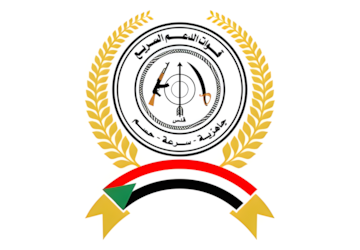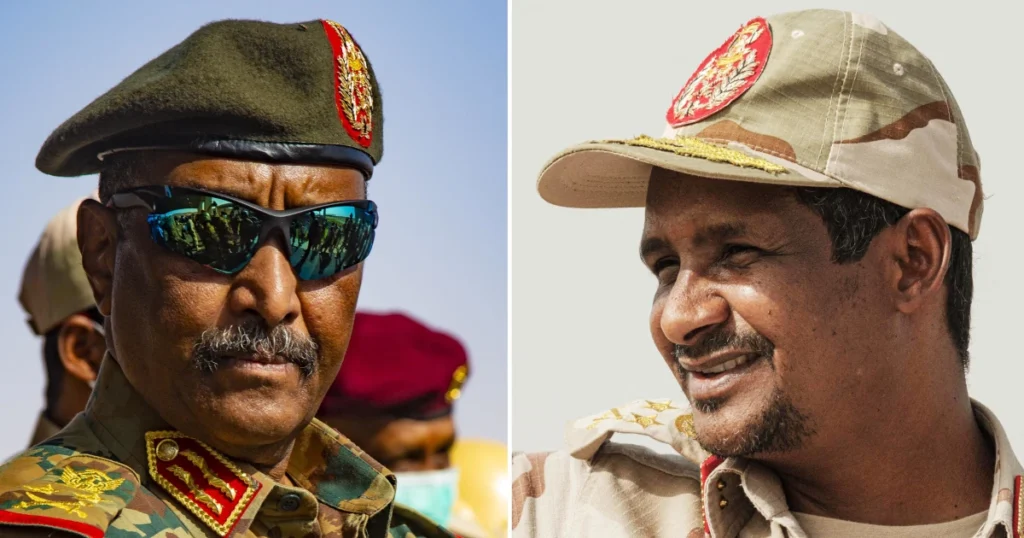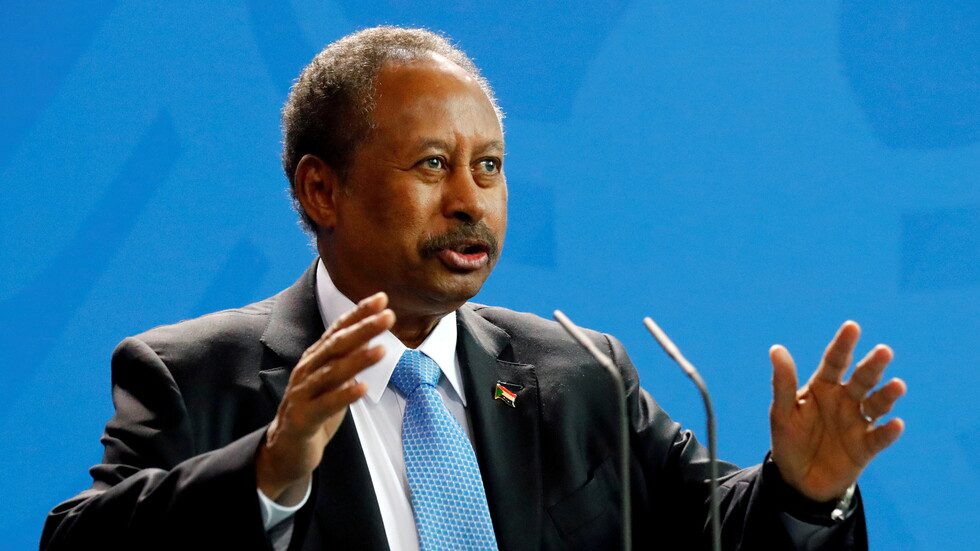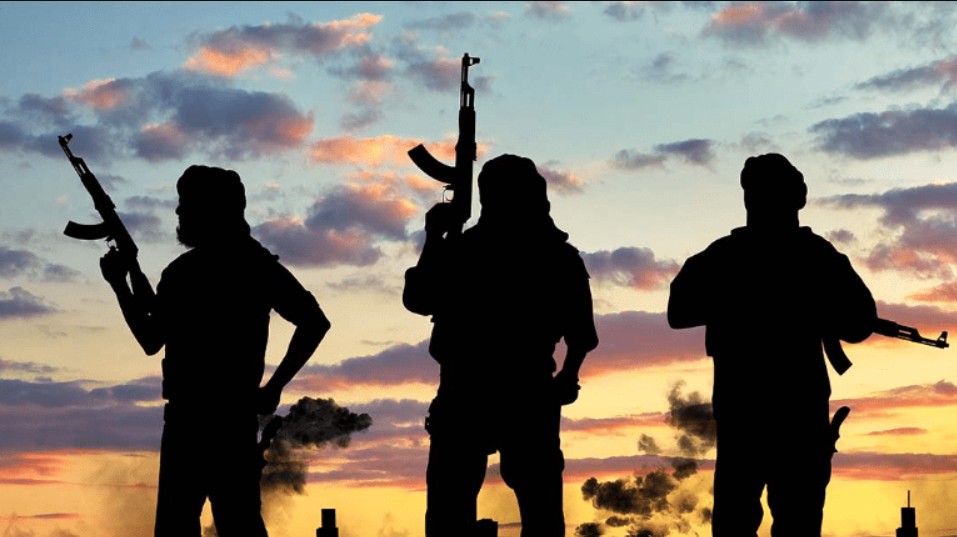
South Sudanese opposition parties took to the streets on Monday in protest against a steep hike in the registration fee for the country’s upcoming inaugural elections, denouncing it as a blow to democratic principles.
Under the terms of a 2018 peace agreement, South Sudan is scheduled to hold its first elections by the year’s end, although significant challenges remain, according to the United Nations and other observers.
The Political Parties Council, responsible for election preparations, announced last week that political parties must now pay a registration fee of $50,000 or its equivalent in South Sudanese pounds, a sharp increase from the previous fee of about $150. The council did not provide a rationale for the dramatic rise.
Members of a coalition comprising 14 opposition parties staged a march to the council’s headquarters in Juba, where they presented a petition expressing their opposition to the fee.
Gai Chol Paul, leader of the People’s United Front, criticized the fee as unjustified and antithetical to democratic principles, arguing that it would deter citizens from participating in the electoral process.
Since gaining independence in 2011, South Sudan has grappled with internal strife, poverty, and natural disasters. A civil war from 2013 to 2018 resulted in widespread devastation, with millions displaced and hundreds of thousands dead.
Although a peace agreement in 2018 led to the formation of a unity government, key provisions remain unfulfilled due to ongoing disputes between President Salva Kiir and his rival, Riek Machar, who now serves as vice president.
Machar’s party has threatened to boycott the elections unless critical elements of the peace deal are implemented, citing concerns over the rushed electoral process and unresolved issues within the agreement.
President Kiir, however, stressed the importance of elections in shaping South Sudan’s future during a recent meeting with the UN’s South Sudan envoy, emphasizing the need for cooperation among all stakeholders to ensure transparency and stability in the electoral process.




